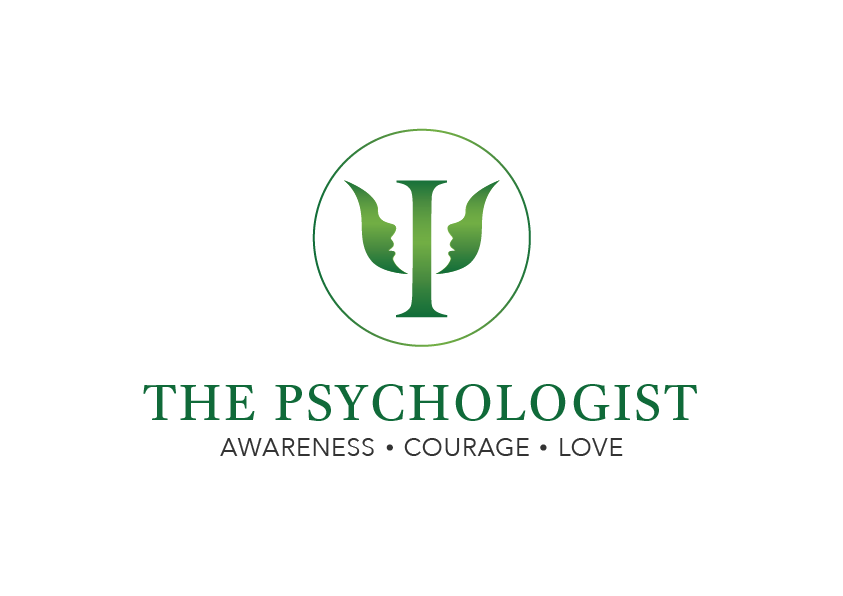Are We More Connected, or More Alone? Social Media, Loneliness, and Mental Well-Being
In an age where connection is just a tap away, many people are feeling lonelier than ever. Social media platforms have redefined how we stay in touch, but emerging research suggests they may also be reshaping how we relate to ourselves, others, and the world — sometimes for the worse.
Why Do People Turn to Social Media?
Social media offers connection, distraction, entertainment, and validation. Young adults use it to stay in touch, express themselves, and cope with stress. Older adults turn to it to reconnect with distant loved ones or communities. During the COVID-19 pandemic, platforms like WhatsApp, Facebook, and Zoom became lifelines for many.
Yet, our motivations matter. When we use social media to maintain close relationships, it can buffer against loneliness. But when we passively scroll or use it as an escape, the outcomes are less hopeful.
The Hidden Costs: What the Research Says
1. Loneliness and Social Media Addiction
Several studies point to a link between excessive social media use and increased loneliness, especially among university students and young adults. One study from Turkey found that students who scored higher on social media addiction also reported significantly higher emotional and social loneliness scores.
2. Body Image, Self-Esteem, and Isolation
Research from Romania observed that users who spent more time on platforms like TikTok and Snapchat were more likely to report low self-esteem, poor body image, and moderate to high loneliness. The more people compared themselves to curated profiles, the worse they felt about themselves.
3. Age Differences and Unseen Consequences
Interestingly, older adults may benefit more from social media than younger users. A U.S. study found that older adults who used social media to communicate with close ties reported lower loneliness, thanks to increased perceived social support and real-world contact. This suggests the "why" and "how" of social media use matters greatly.
4. The Vicious Cycle
Lonely individuals are more likely to turn to social media, but this can create a loop where they end up feeling worse — especially when they compare themselves to others, receive little feedback, or notice being excluded online. For some, it exacerbates social withdrawal, anxiety, or depression.
Not All Doom and Gloom: What Helps
Use it with intention. Research shows that direct communication (messaging, video calls) is more beneficial than passive scrolling.
Curate your feed. Unfollow accounts that trigger insecurity or comparison. Follow people who inspire real joy, learning, or self-compassion.
Balance online with offline. Make room for non-digital social time. Even short face-to-face interactions can lift mood and foster real connection.
Check in with your feelings. Ask: Do I feel better or worse after using social media? Use this to guide your habits.
Talk to someone. If feelings of loneliness, self-doubt, or distress persist, therapy can offer a safe space to explore them, understand your patterns, and build healthier coping strategies.
Connection is a basic human need. Social media can help—or harm—depending on how we use it.
Struggling with loneliness or social anxiety? Therapy can help you reconnect with yourself and others. Reach out to schedule a session with our therapists today.
